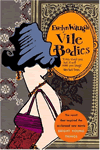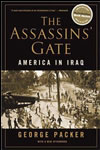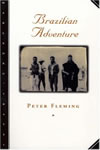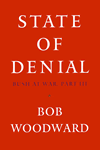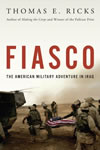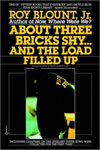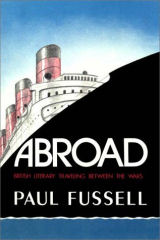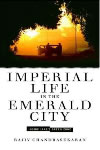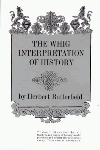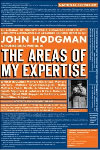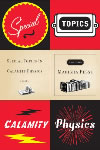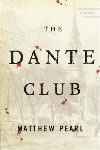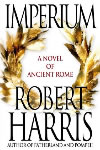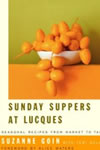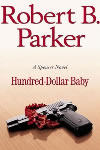If you take advantage of the slightly-dull new girl who is tagging along with your cool crowd and go over to her place for a very-late-night party and then crash because you've lost your keys and wake up to find yourself in the guest bedroom at 10 Downing Street, you've entered Waugh's very bad day.
Inviting, readable, even exciting, Vile Bodies is often silly and contemptuous of its characters, but the silliness is mildly amusing. And mildness was doubtless the goal: these character would hate to be side-splitting just as they wouldn't want to fall in love or to take each other seriously.
This is, in short, a sad, bad and frigid book that lacks sympathy for its characters and that ridicules and punishes them terribly for being themselves and for inhabiting the world the author chose to inflict on them. But it's also a classic. It's lasted seventy years without aging much, and its influence pervades literature from Dorothy Sayers to Jay McInerny to Chuck Palahniuk.
April 2, 2007 (permalink)
